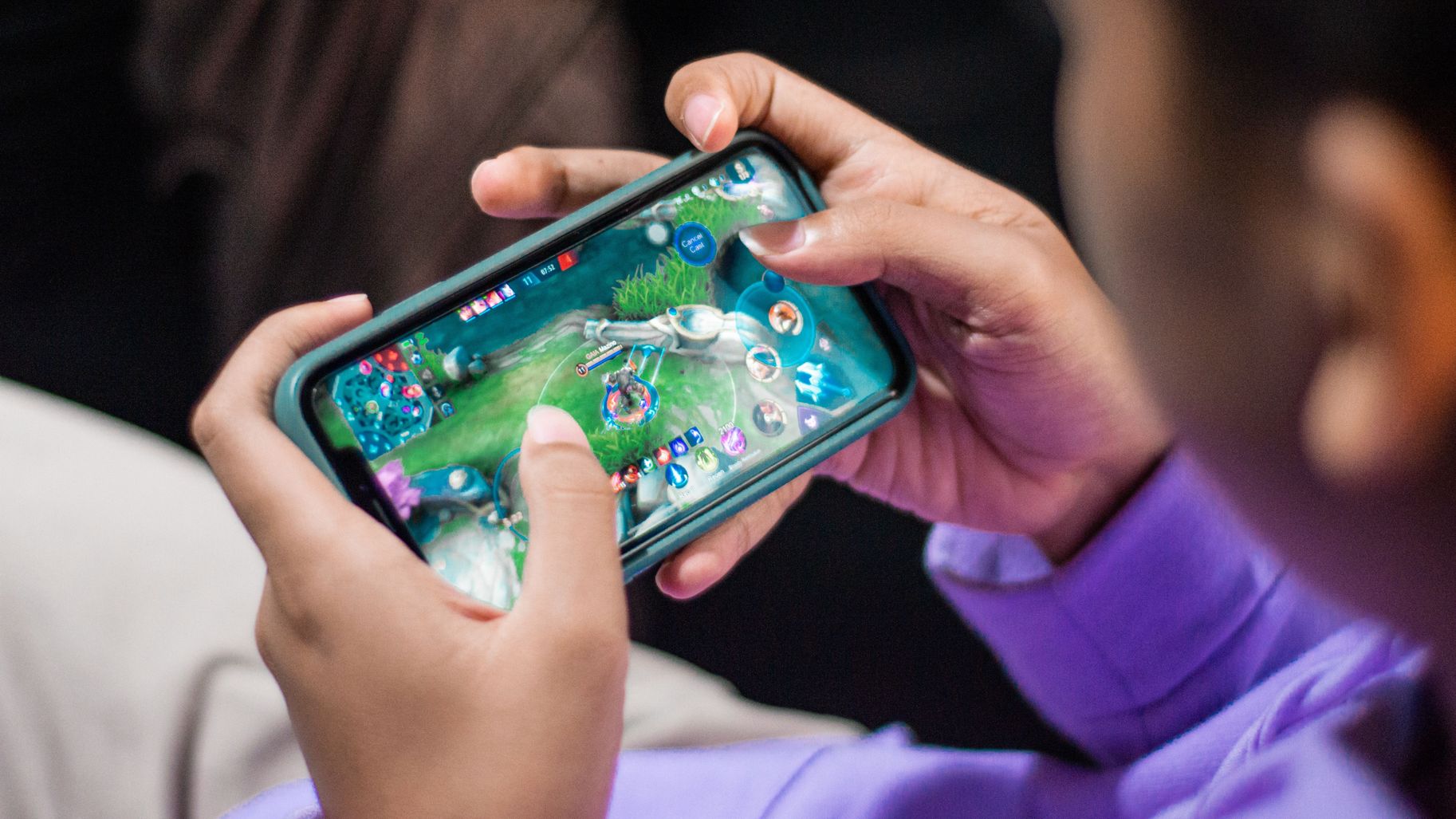
Online play has evolved far beyond its roots as a solitary or localized natural action. What began as a simpleton means of digital entertainment has blossomed into a world phenomenon, creating a various and reticulate worldly concern of players who span continents, cultures, and backgrounds. Central to this shift are the online gambling communities that have become the lifeblood of the gaming experience, influencing not just how we play, but also how we interact, join forces, and form relationships. The touch of these communities on worldwide connections is unfathomed, and understanding their organic evolution is material to appreciating the role they play in formation both the play worldly concern and the broader social landscape painting.
The Birth of Online Gaming Communities
In the early days of online gambling, communities were a necessity for multiplayer experiences. Games like Doom(1993) and Quake(1996) allowed players to via local area networks(LANs) or dial-up cyberspace, but the participant base was limited and disunited. The concept of forming online communities was undeveloped at best, as early on multiplayer games lacked robust mixer structures. Most interactions were restrained to basic chat suite, and mixer dynamics were often chaotic or minimal.
However, the late 1990s and early on 2000s saw the rise of more sophisticated online multiplayer games and platforms. Titles such as StarCraft(1998), EverQuest(1999), and Counter-Strike(1999) laid the foot for the community-based ecosystems we recognise nowadays. The intro of platforms like Blizzard s Battle.net and the Xbox Live service provided a stalls for players to with each other in real-time, compete, and put across. Gaming communities began to form around these platforms, with dedicated forums, fan sites, and clans rising as focal points for like-minded players.
Social Media Integration and the Formation of Global Networks
The evolution of online play communities was nearly linked to the rise of social media platforms in the mid-2000s. Games like World of Warcraft(2004) enabled players not only to form guilds and clans but also to communicate through in-game tools and forums. As mixer media platforms like Facebook, Twitter, and later Discord grew in popularity, gambling communities took to these spaces to partake in experiences, exchange tips, and unionise events.
Discord, launched in 2015, revolutionized communication within play communities by providing a weapons platform for voice, video recording, and text chat. With its user-friendly user interface, Discord enabled gamers to make and wangle their own servers, facilitating unseamed coordination for multiplayer games. This transfer from traditional forums to live, minute platforms allowed gaming communities to thrive with greater fluidness, enabling players from all over the earthly concern to interact in real time.
Social media s role in shaping these communities cannot be immoderate. Online influencers, streamers, and YouTubers became crucial figures within the gaming ecosystem, often acting as the bridge between players and developers. Platforms like Twitch allowed gamers to not only catch their favourite streamers but also interact with them and fellow viewers, forming communities around pop personalities and games. These platforms also provided a quad for international conversations about play, fostering an where players could partake in diverse perspectives, take exception industry norms, and promote inclusivity.
The Role of Gaming Communities in Bridging Cultural Divides
One of the most singular aspects of online gambling communities is their power to exceed discernment and geographic boundaries. pakgames login has become a universal language, where players from different corners of the earthly concern can pass and get together despite differences in nomenclature, culture, and time zones. Multiplayer games like Fortnite(2017), League of Legends(2009), and Minecraft(2011) have become worldwide phenomena, with massive player bases from all corners of the earthly concern contributive to a rich, shared out see.
The touch of these communities extends beyond the realm of entertainment. In many cases, online play has facilitated cross-cultural understanding and collaboration. For example, aggressive eSports tournaments attract international audiences, where players from countries like South Korea, the United States, and China come together to compete on equal terms. These events upgrade world-wide oneness, as players and fans unify around a divided up passion for gaming, regardless of their inception.
Furthermore, gaming communities have also played a key role in promoting sociable causes. Many online groups have come together to raise awareness for issues such as unhealthy health, in gambling, and situation sustainability. Events like Polymonium caeruleum van-bruntiae streams, where gamers raise money for causes while playing, have shown how gaming can be a weapons platform for prescribed sociable bear upon, union players for a greater good.
The Future of Online Gaming Communities
As gambling applied science continues to advance with virtual reality(VR), augmented world(AR), and cloud play, the futurity of online play communities looks promising. Virtual worlds like Second Life(2003) and Roblox(2006) have already incontestible the potentiality for fully immersive experiences where players can make, socialize, and interact in moral force, relentless worlds. These platforms volunteer new ways for players to spurt deep mixer connections and make content together, further blurring the lines between gambling and mixer media.
The expanding upon of online communities into realistic spaces will preserve to redefine the concept of world connectivity. With emerging technologies like 5G and AI, play communities are likely to become even more structured into ordinary life, facultative minute and collaborationism across vast distances.
Conclusion
Online gaming communities have come a long way since their abase beginnings, evolving from basic multiplayer hubs to vivacious, global networks that exceed borders and cultures. The affect of these communities on global connections is incontrovertible, fostering an environment where players can unite, collaborate, and make meaningful relationships. As engineering science continues to develop, the role of these communities will only grow in meaning, formation not just the future of gambling but the very way we with others around the earth.
